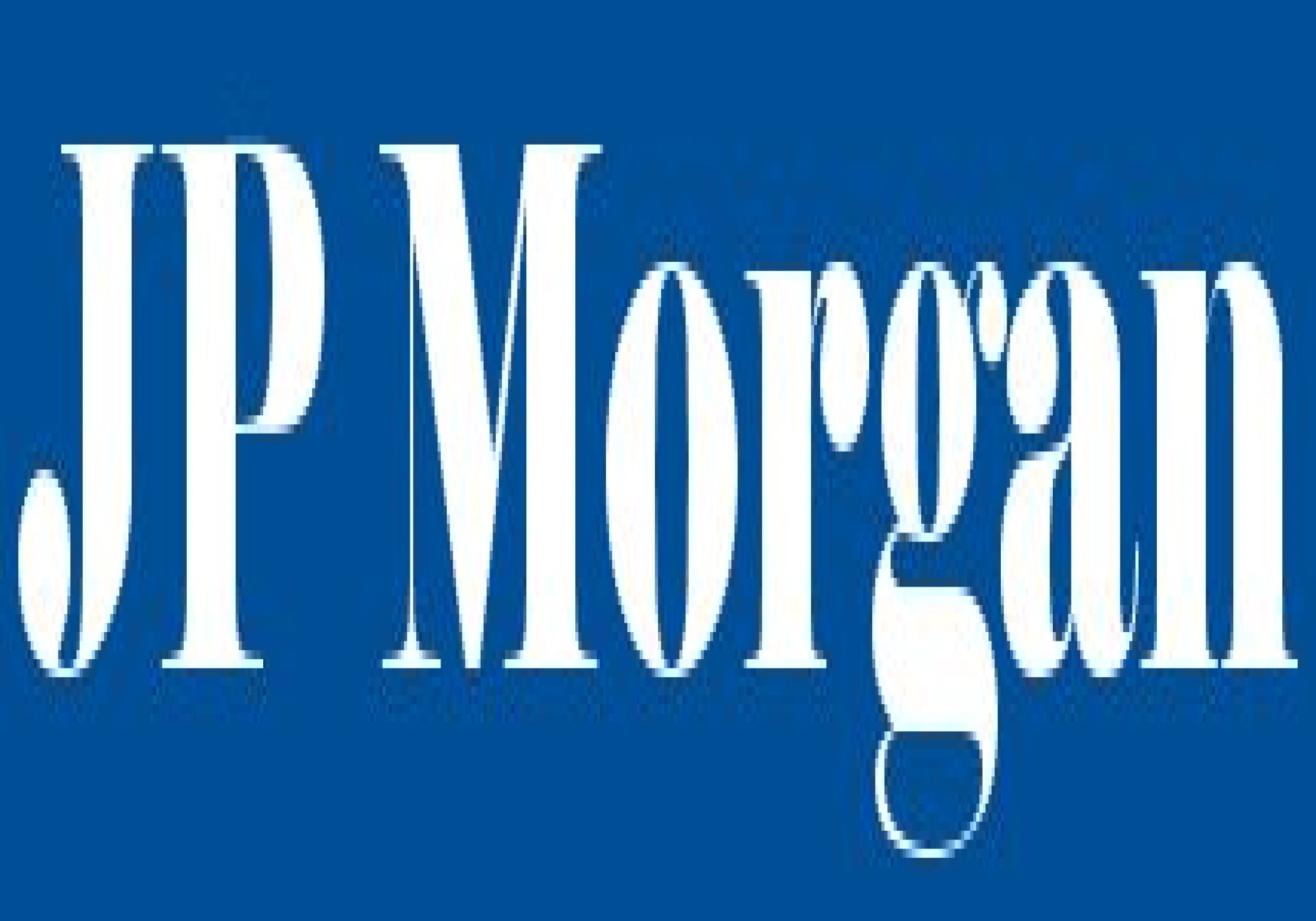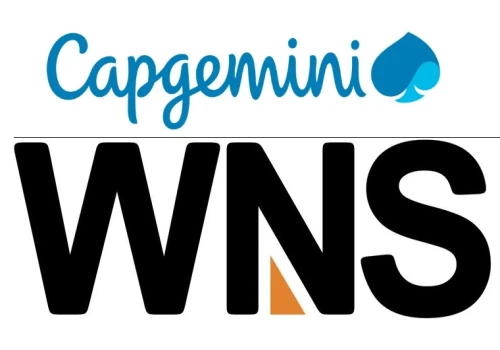
JPMorgan Chase, the largest U.S. bank by assets, kicked off earnings season on a high note on Friday, exceeding analyst expectations for both profit and revenue. This strong performance underscores the bank's ability to navigate the current economic climate, marked by rising interest rates and potential concerns over loan defaults.
The bank reported earnings of $4.44 per share, surpassing the consensus estimate of $4.11 from analysts surveyed by LSEG. Revenue also came in higher than anticipated, reaching $42.55 billion compared to the expected $41.85 billion.
JPMorgan's success can be attributed to two key factors: stronger-than-expected trading revenue and lower-than-anticipated credit costs. The bank's trading desks capitalized on recent market volatility, generating significant profits. Additionally, concerns over loan defaults, particularly for credit cards or commercial loans in specific sectors like office buildings, proved less severe than anticipated.
A Tale of Two Banks: Big vs. Small
While JPMorgan thrived, smaller banks haven't been as fortunate. The rising interest rate environment, initiated by the Federal Reserve two years ago, has squeezed their profits. As customers shift their cash towards higher-yielding instruments, smaller banks are forced to offer more competitive rates on deposits, impacting their margins.
Furthermore, anxieties are brewing regarding potential losses from commercial loans, especially in sectors like office buildings and multifamily dwellings, where vacancy rates might rise with changing work and living patterns. Credit card defaults are also a looming concern.
Despite these anxieties, analysts generally expect larger banks like JPMorgan to outperform their smaller counterparts this quarter. The Federal Reserve's ongoing fight against inflation might force them to maintain current interest rate levels, potentially boosting net interest income for larger banks like JPMorgan.
Focus on Dimon's Guidance and Industry Issues
Investors will be keenly listening to what Jamie Dimon, CEO of JPMorgan Chase, has to say about the broader economic outlook and the banking industry's efforts to combat proposed regulations on credit card and overdraft fees. These regulations, if implemented, could significantly impact bank revenue streams.
On a brighter note, Wall Street might offer some relief to the banking sector this quarter. According to Dealogic, investment banking fees for the industry have surged 11% compared to the previous year. This increase in fees could provide a much-needed boost to bank profits.JPMorgan's strong performance sets a positive precedent for the upcoming earnings reports from other major banks. Investors will be closely watching Wells Fargo, Citigroup, Goldman Sachs, Bank of America, and Morgan Stanley to gauge the overall health of the banking sector and its ability to navigate the current economic headwinds.
JPMorgan Chase's stock has outperformed the broader banking sector this year, with a gain of 15% compared to the 3.9% increase of the KBW Bank Index. This positive trajectory could continue if the bank maintains its strong performance throughout the year.The coming weeks will be crucial as other major banks unveil their earnings reports. The collective performance of the banking sector will provide valuable insights into the health of the U.S. economy and its resilience in the face of rising interest rates and potential economic turbulence.











